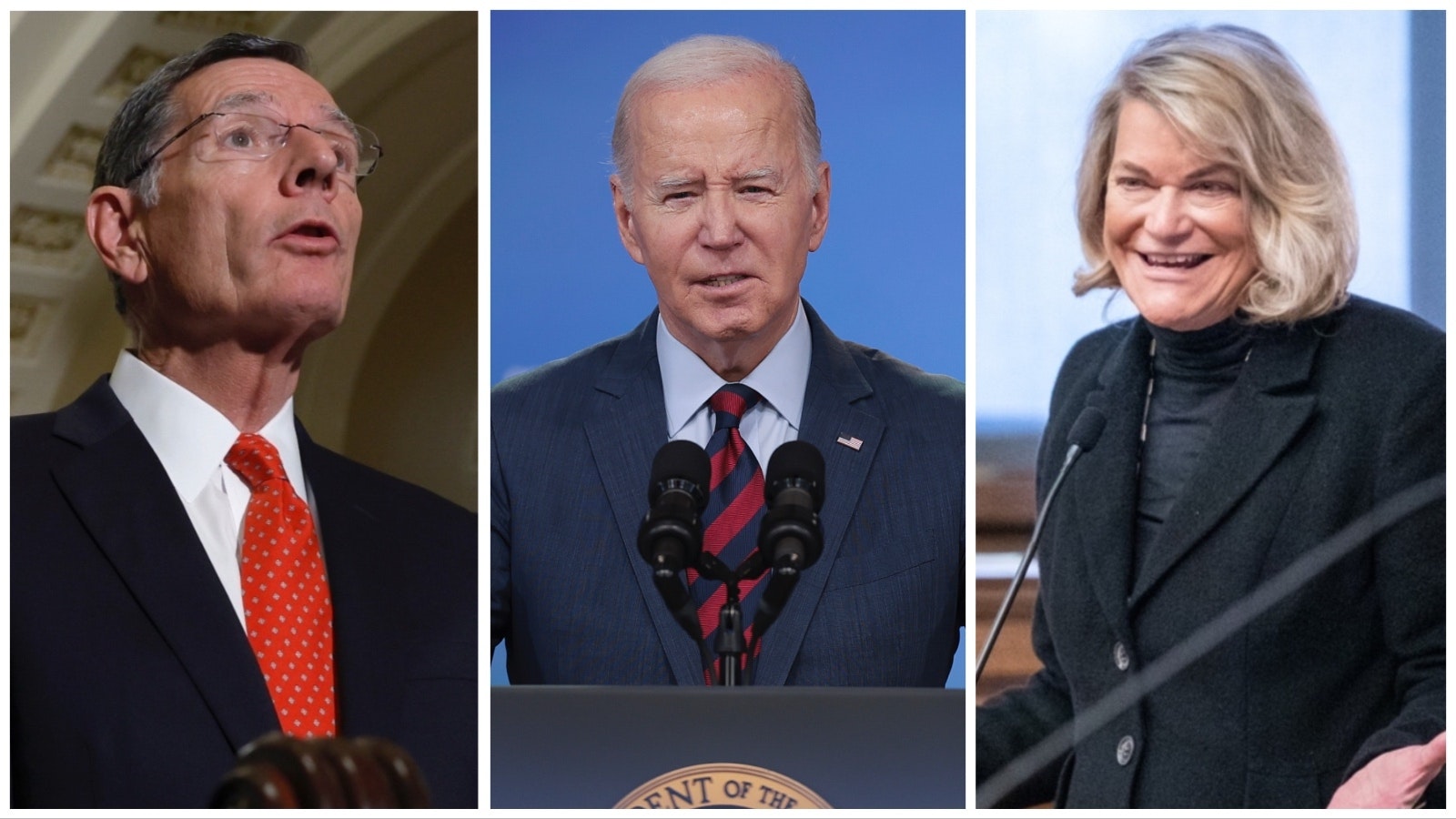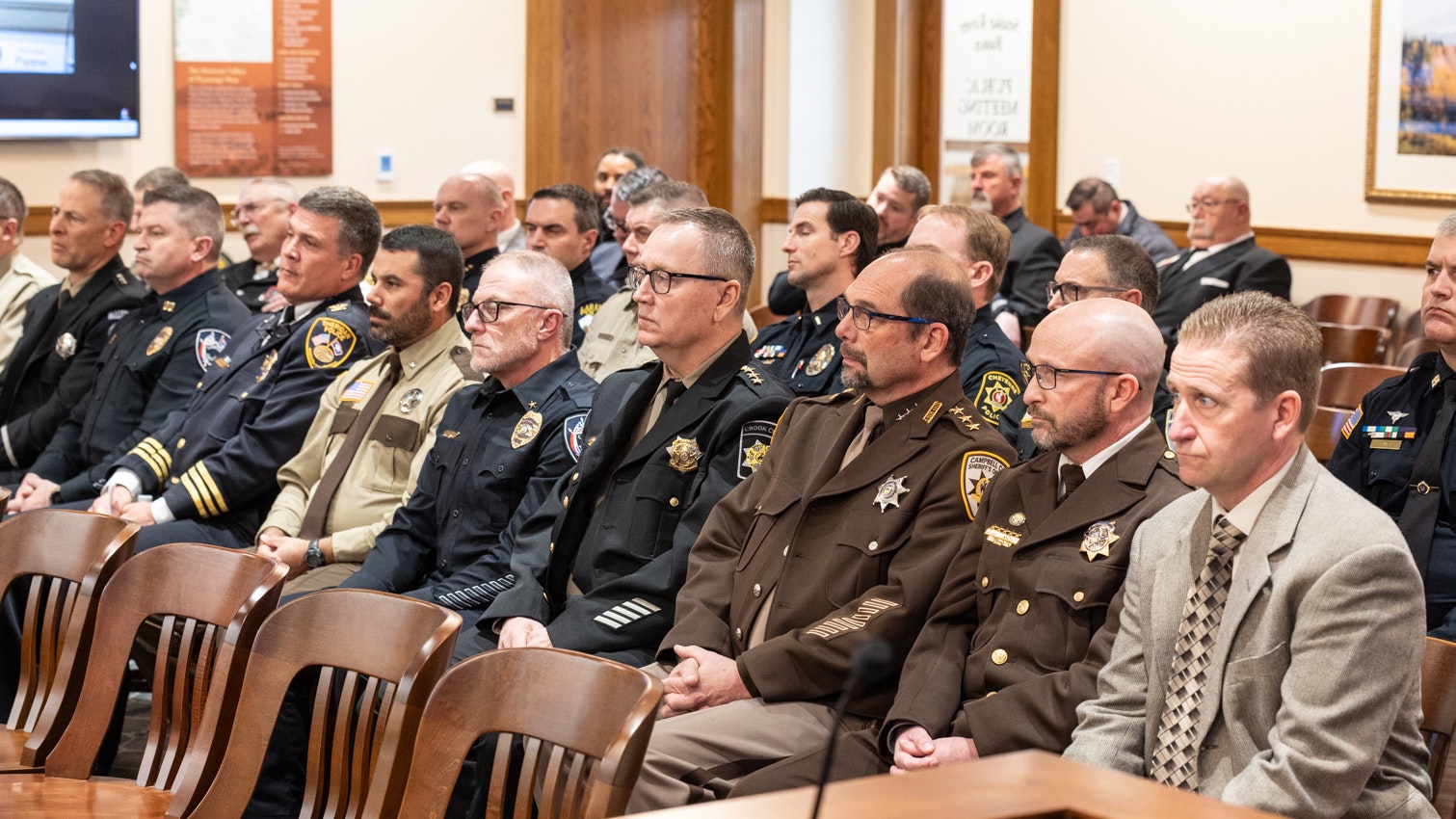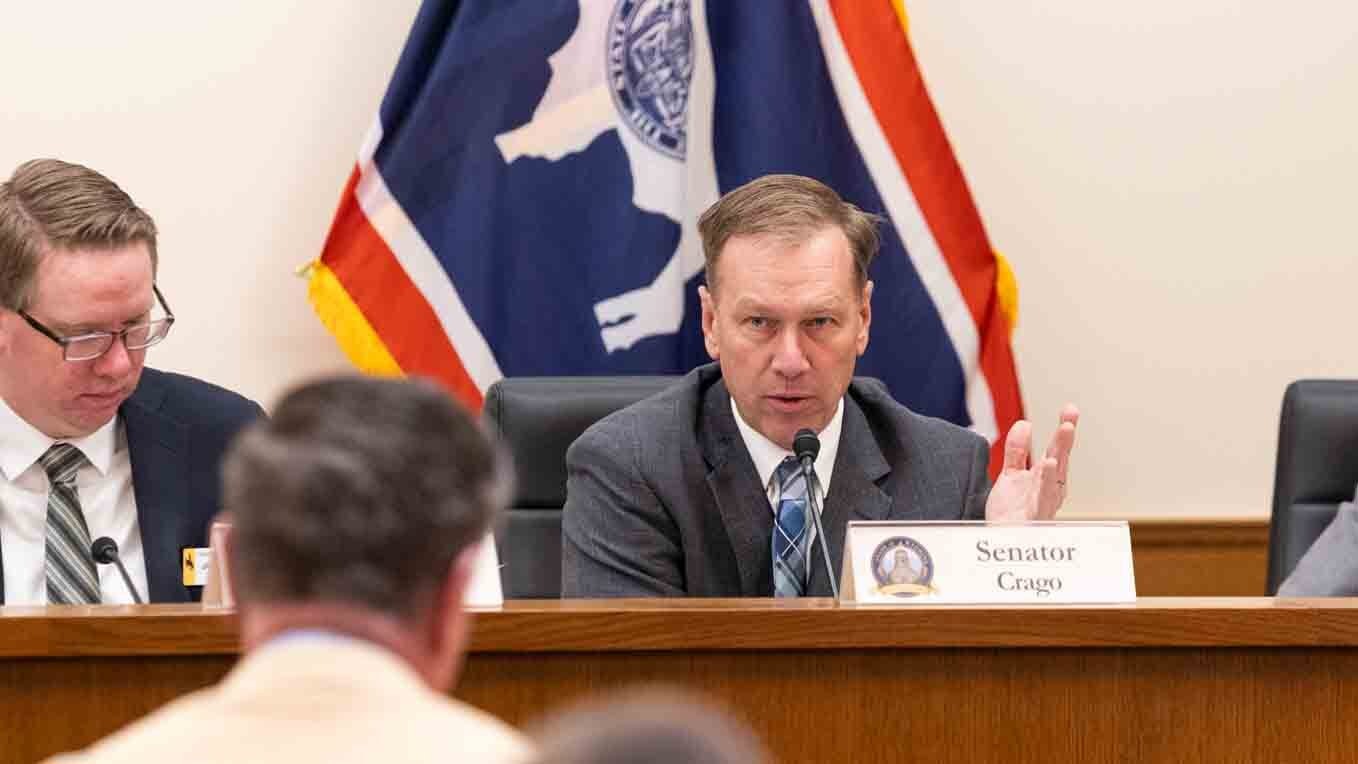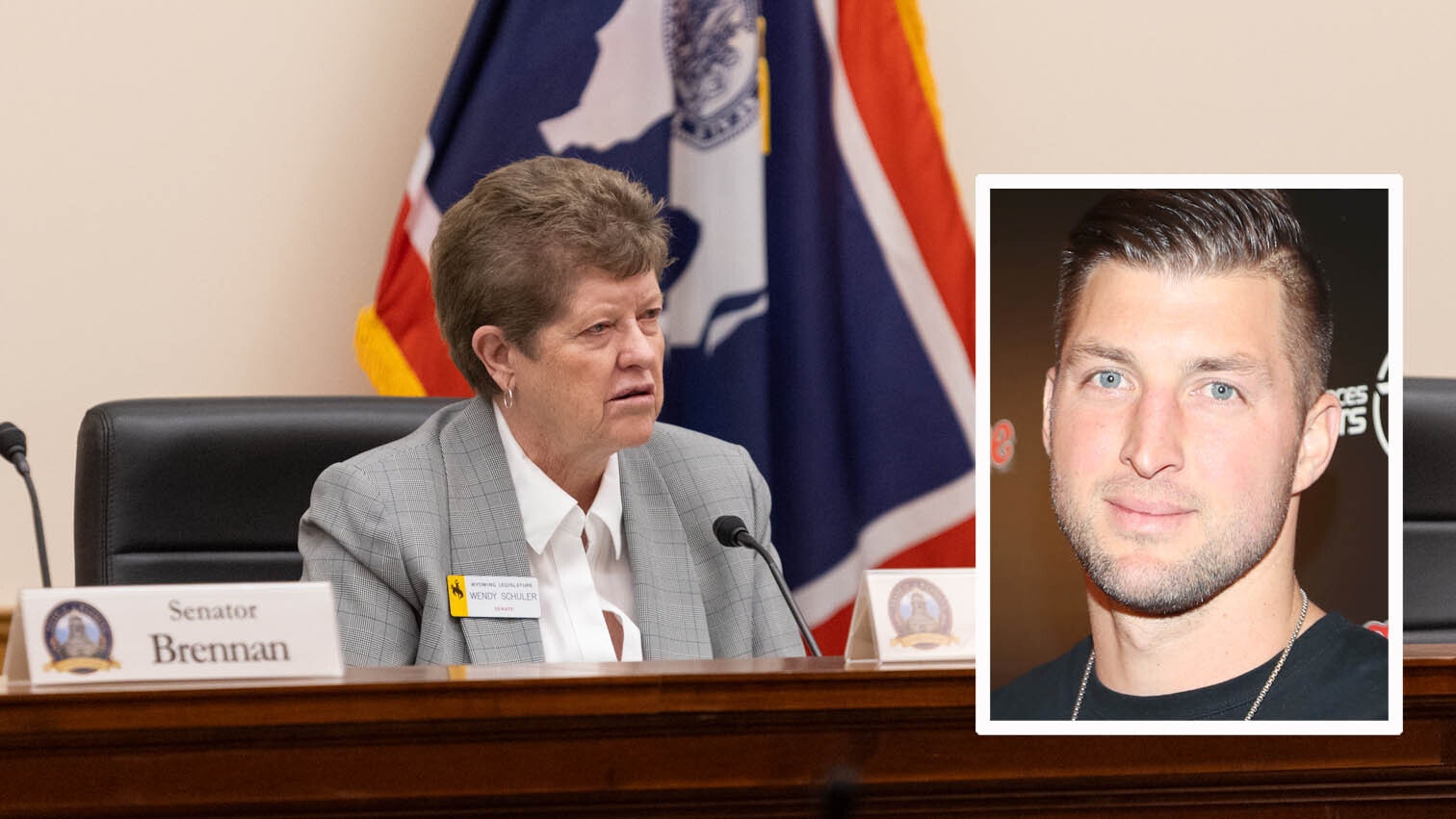Wyoming U.S. Sens. John Barrasso and Cynthia Lummis are fed up with the federal government paying for military members’ travel to get abortions.
Barrasso and Lummis and 25 other Republican senators sent a letter to Secretary of Defense Lloyd Austin on Monday demanding he rescind a policy that pays for the travel of active service members who have go out of state to get an abortion, often because whatever state they’re in has outlawed the practice.
“You have broken your promise to the American people not to politicize the military, and your actions have harmed and threaten to further harm institutional norms within our democracy,” the letter reads.
How Did We Get Here?
Four days after the U.S. Supreme Court ruled there is no federal right to an abortion in 2022 in Dobbs v. Jackson Women’s Health Organization, Austin issued a memorandum to senior leaders in the Department of Defense that the Department is authorized to pay for travel for active-duty personnel to have abortions outside of the state in which they are stationed.
Although abortion is legal in Wyoming, there are only two facilities that offer the service in the state. For the military members stationed at F.E. Warren in Cheyenne, the closest abortion clinic is across state lines in Fort Collins, Colorado.
The letter accuses Austin of politicizing the military and placing “the wants of a few over the needs of the entire nation.”
“Rather than respect the Supreme Court’s decision, you decided to engage the Department, and our men and women in uniform, in a policy debate properly reserved for the legislature,” the letter reads.
The policy also extends to service members’ dependents and includes late-term abortions.
The senators believe that the Department of Defense does not have the power to issue the policy and demand it be rescinded immediately.
They argue that Congress never granted the Department of Defense approval to use money to seek out abortions, and the military has never before facilitated abortions, except in cases of rape, incest or where the life of the mother would be endangered if the unborn child were carried to term.
“Now taxpayers — many of whom have deeply-held religious and moral objections to abortions — are on the hook to facilitate the very abortions they fundamentally oppose,” the letter reads.
What About Tuberville?
The travel reimbursement policy is at the center of Alabama Republican Sen. Tommy Tuberville's continued blockade of nearly 400 military nominees. Tuberville has put a blanket hold on confirmations and promotions for senior military officers until the policy is lifted.
On Tuesday, Senate Democrats pushed ahead in the Rules Committee with a resolution that would allow for a quick confirmation of hundreds of military nominees as a way to maneuver around the blockade.
“There has been a lot of negativity and dysfunction in the Senate these days, but Senator Tuberville has single-handedly brought the Senate to a new low,” Senate Majority Leader Chuck Schumer, D-New York, said at the Senate Rules Committee meeting where the resolution was approved.
In August, former Wyoming congresswoman Liz Cheney criticized Tuberville as “doing significant damage to American military readiness and national security.”
The resolution will now head to the Senate floor for a vote, where Democrats will need at least nine Republican votes to pass it, according to The Associated Press.
The letter said the Rules Committee’s resolution will not solve the underlying issue and “could create a toxic precedent with lasting negative effects on future military nominations.”
What’s The Impact?
The senators also said the Department has provided no data to substantiate its claim that the military will be substantially affected by the Supreme Court’s decision.
A recent letter from a member of the Senate Armed Services Committee revealed that only 12 women have taken advantage of the policy since its inception, which undercuts the argument that Dobbs has significant recruiting and retention implications.
A new analysis from JAMA released last week shows that the policy would cost less than $1 million annually to implement. Before the Supreme Court overturn, the estimated average travel time for military personnel to get to the nearest abortion facility in states that went on to ban abortion was around 40 minutes. After the decision, it grew to just under four hours, the study says.
Tuberville sees the policy as an issue of morality, not finances, saying it amounts to taxpayer-funded abortion.
“I cannot simply sit idly by while the Biden administration injects politics in our military from the White House and spends taxpayers’ dollars on abortion,” Tuberville said when his GOP colleagues confronted him about the issue on the Senate floor a few weeks ago.
Leo Wolfson can be reached at leo@cowboystatedaily.com.





